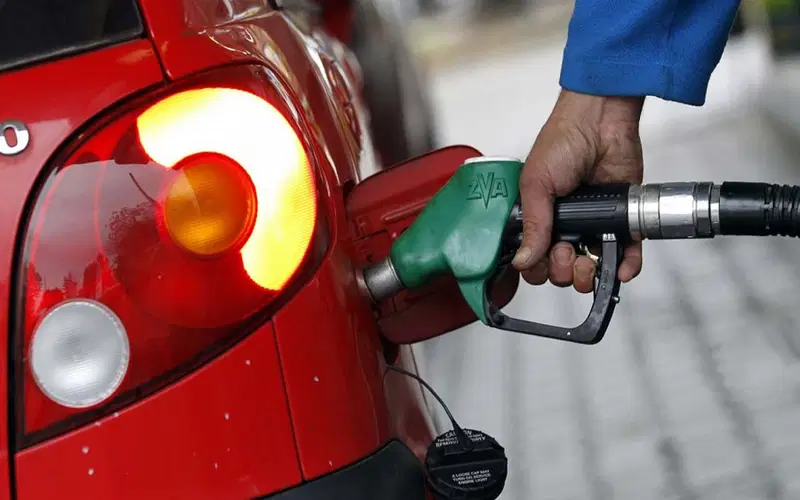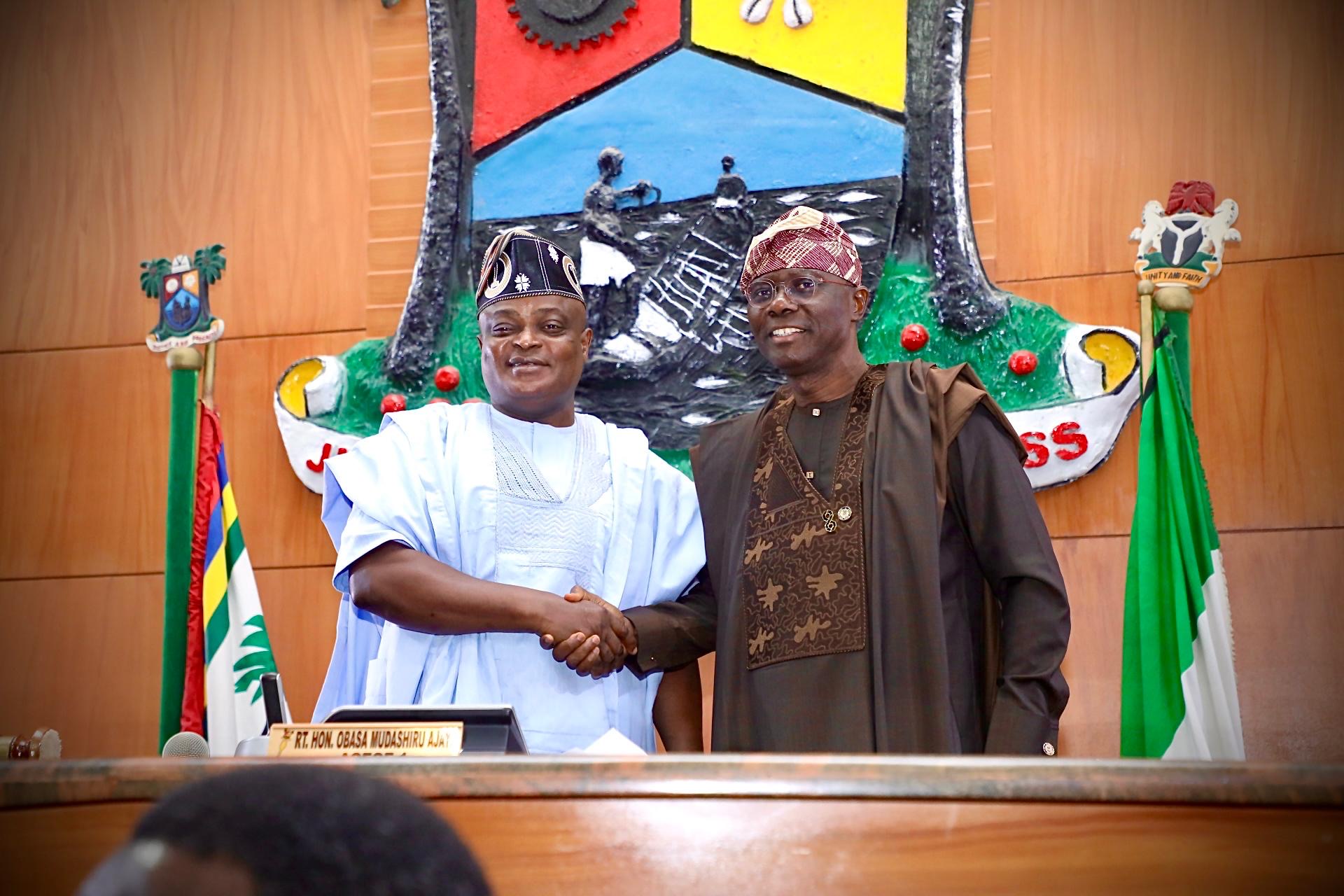Fears of a looming fuel scarcity gripped parts of the country on Monday following a coordinated boycott by petroleum marketers and truck owners protesting the Lagos State Government’s enforcement of a controversial N12,500 e-call-up levy.
The protest, led by members of the Independent Petroleum Marketers Association of Nigeria (IPMAN) and the National Association of Road Transport Owners (NARTO), saw the withdrawal of haulage and fuel trucks operating along the Lekki-Epe corridor. The move effectively halted tanker operations in the area, raising concerns about fuel distribution from the strategic axis, home to the Dangote Refinery and several critical fuel depots.
The protesters described the new levy as “exploitative, ill-timed, and burdensome,” alleging that it was introduced without adequate infrastructure or stakeholder consultation. They also questioned the transparency of the initiative, which is part of a public-private partnership (PPP).
Dele Tajudeen, immediate past IPMAN Chairman in the South-West, said several attempts to reach a compromise with the government had failed.
“There’s no gridlock along this corridor to justify this levy,” Tajudeen said. “This policy doesn’t solve any traffic problem—it only enriches private interests under the guise of public good. Worse still, the funds are reportedly going into private accounts, not the government’s treasury.”
Truck operators currently pay N7,000 at the Lekki toll gate. With the introduction of the new N12,500 fee, costs before loading fuel now total N19,500 per trip. Marketers say the additional cost will inevitably be passed on to consumers, further worsening the country’s inflationary pressures.
NARTO’s Chairman at the Lekki Free Trade Zone, Gbenga Olubasusi, lamented rising operational costs, citing the skyrocketing prices of diesel, spare parts, and vehicles.
“A trailer tire now costs over N700,000, and trucks that once sold for N4.5 million now go for over N40 million. This new levy will push fuel prices higher and deepen the economic hardship,” he warned.
He also criticized the government’s failure to provide essential facilities such as trailer parks, adding that truckers currently rely on private parks, paying N3,000 to N5,000 daily—on top of the new charges.
Zonal Secretary of NARTO Southwest, Comrade Wale Oladeinde, clarified that the protest is not an official strike but a strategic withdrawal of services.
“This is not an industrial action. The trucks are privately owned, and we have the right to stop operations under unfair conditions. If the government insists on enforcing this levy, fuel supply will suffer—and so will the economy,” he said.
Echoing the sentiment, Lagos NARTO Chairman, Kayode Odunowo, accused the government of failing to deliver on previous agreements, particularly regarding similar toll systems in Apapa.
“We cooperated in the past and got nothing in return. This time, we will not be taken for a ride. Containers, fuel, food—all rely on our trucks. When we stop, the nation stops,” he said.
IPMAN Vice Chairman at the Mosimi Depot, Olaniyan Yekini, also questioned the state’s priorities, pointing out that other states such as Ogun and Oyo provide proper trailer parks, while Lagos does not.
“Lagos can provide parks for buses but not for trucks. Yet they expect us to pay more. Are we not part of Nigeria?” he queried.
Despite the firm stance, both IPMAN and NARTO expressed willingness to engage in dialogue. They urged the Lagos State Government to suspend the levy and convene a stakeholder meeting aimed at developing a fair, inclusive transport policy.
“We are not against regulation,” said Oladeinde. “But it must be fair, transparent, and supported by enabling infrastructure. You don’t tax a struggling sector without providing basic support.”
As of press time, tanker movement along the Lekki-Epe corridor remains suspended, with the Lagos State Government yet to issue an official response.



